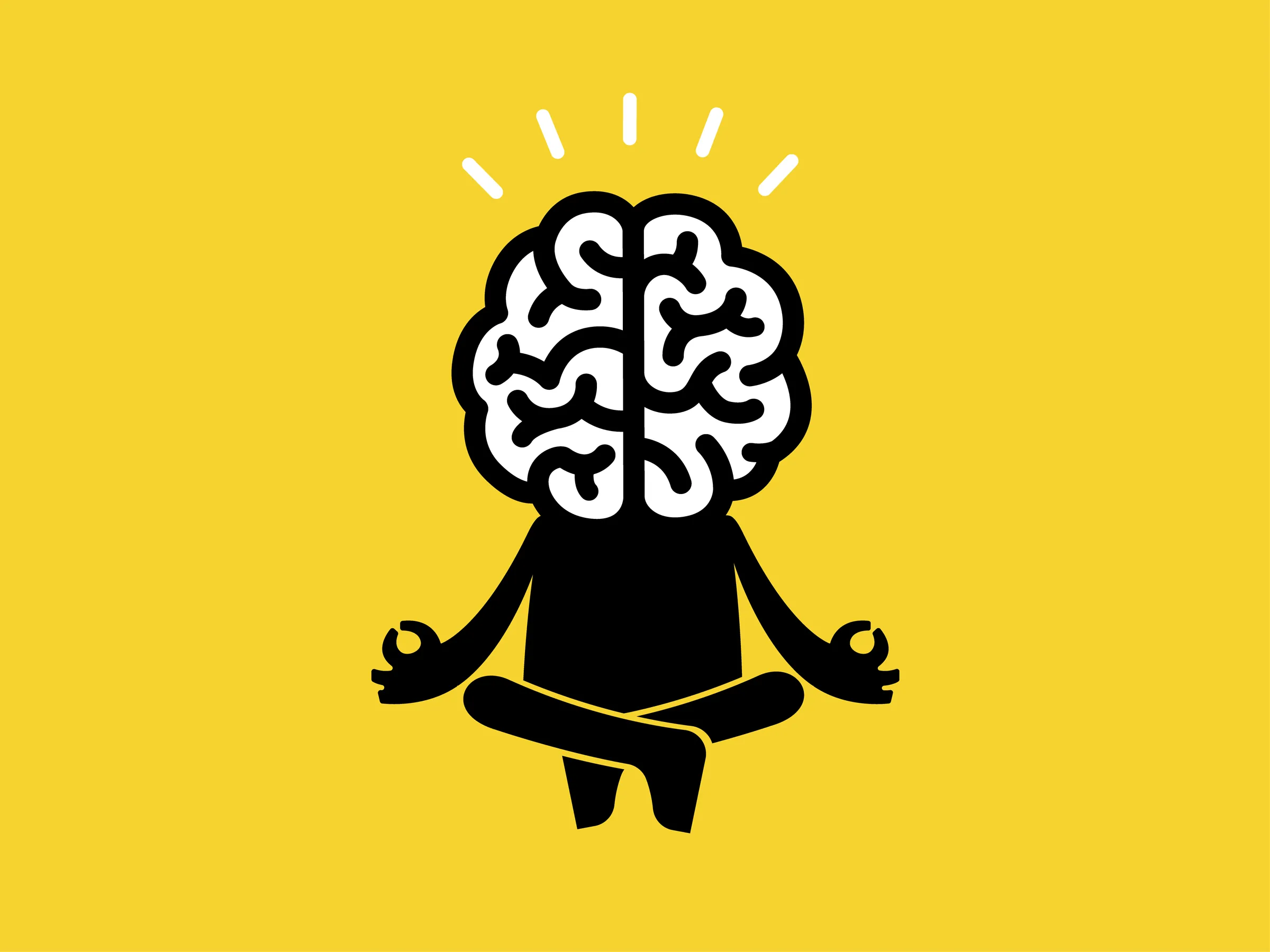In today’s fast-paced world, finding moments of peace and clarity amidst the chaos can seem challenging. However, practicing mindfulness offers a powerful antidote to the stresses of modern life. In this article, we’ll explore the importance of mindfulness and provide practical strategies for incorporating it into your daily routine.
The Power of Mindfulness

Mindfulness is the practice of intentionally bringing your attention to the present moment without judgment. It involves tuning into your thoughts, emotions, and sensations with curiosity and acceptance. Research has shown that regular mindfulness practice can lead to numerous benefits, including reduced stress, improved focus, enhanced emotional regulation, and greater overall well-being.
Benefits of Mindfulness
Here are some of the key benefits of incorporating mindfulness into your life:
- Stress Reduction: Mindfulness helps activate the body’s relaxation response, reducing the production of stress hormones and promoting a sense of calm.
- Improved Focus: By training the mind to focus on the present moment, mindfulness enhances concentration and cognitive performance.
- Emotional Resilience: Mindfulness allows you to observe your thoughts and emotions without becoming overwhelmed by them, fostering greater resilience in the face of challenges.
- Enhanced Relationships: Being fully present in interactions with others cultivates deeper connections and better communication.
Practical Strategies for Cultivating Mindfulness
Here are some simple yet effective strategies for integrating mindfulness into your daily life:
1. Mindful Breathing
Take a few moments each day to focus on your breath. Notice the sensations of each inhale and exhale, allowing your breath to anchor you in the present moment. You can also try deep breathing exercises to promote relaxation.
2. Mindful Eating
Slow down and savor each bite of your meals. Pay attention to the colors, textures, and flavors of the food, as well as the sensations of chewing and swallowing. Eating mindfully can enhance your enjoyment of meals and promote healthier eating habits.
3. Body Scan Meditation
Set aside time for a body scan meditation, during which you systematically bring your attention to different parts of your body, noticing any sensations without judgment. This practice promotes relaxation and body awareness.
4. Mindful Movement
Engage in physical activities such as yoga, tai chi, or walking meditation, focusing on the sensations of movement and breath. Mindful movement practices help cultivate a deeper connection between the body and mind.
Conclusion
By incorporating mindfulness into your daily routine, you can experience greater clarity, peace, and well-being. Start with small, manageable practices and gradually expand your mindfulness toolkit over time. Remember that mindfulness is a skill that requires patience and practice, so be gentle with yourself as you embark on this journey of self-discovery and inner peace.








